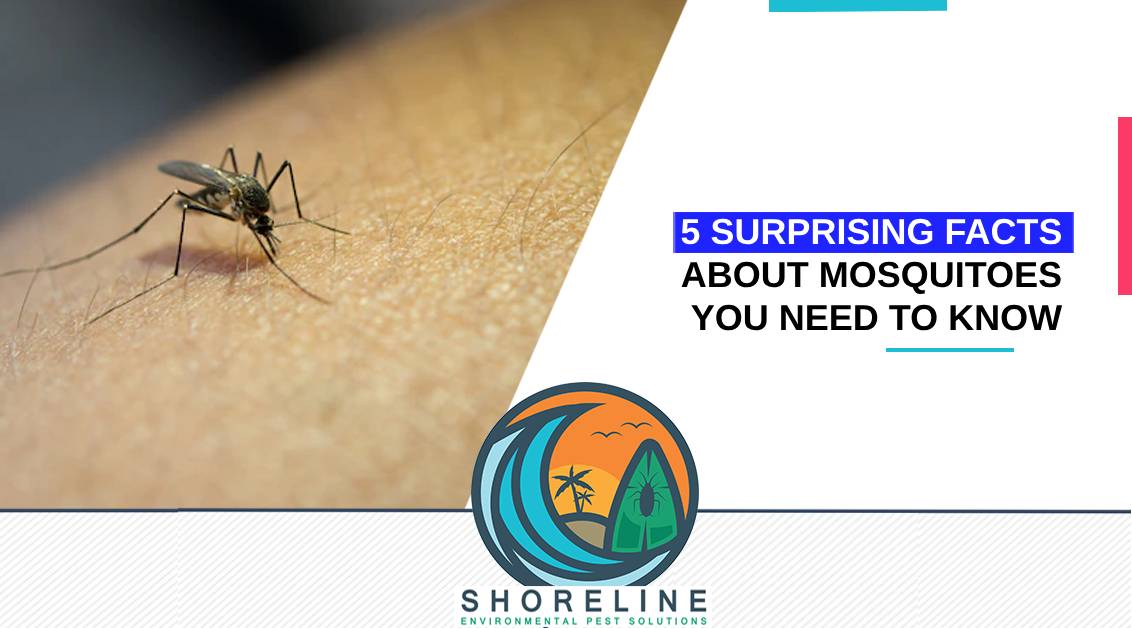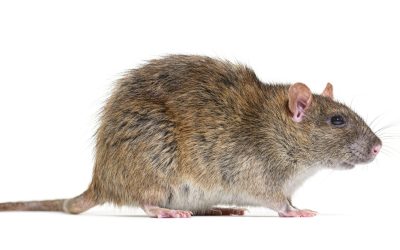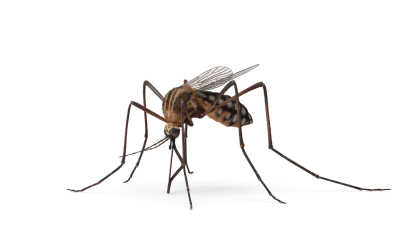Mosquitoes, those tiny buzzing creatures that often invade our outdoor activities, are more than just a nuisance. They’re fascinating insects with some surprising facts that you may not know. From their incredible sense of smell to their importance in the ecosystem, here are six intriguing facts about mosquitoes that amaze you. So buckle up and get ready to dive into the world of these pesky yet remarkable creatures.
Only Female Mosquitoes Bite
When we think of mosquitoes, we often associate them with their itchy bites. However, it might come as a surprise that only female mosquitoes feed on blood. The reason behind this behavior is their need for the nutrients present in the blood to develop their eggs. Male mosquitoes, on the other hand, primarily feed on nectar from flowers, acting as essential pollinators in the ecosystem.
Female mosquitoes have specialized mouthparts called proboscis, which they use to pierce the skin of their hosts and access blood vessels. Once they obtain a blood meal, they use the nutrients to produce and lay eggs. The fascinating process of locating a blood source involves a combination of sensory cues, including detecting body heat, exhaled carbon dioxide, and body odor.
Mosquitoes as Pollinators
While mosquitoes are mostly known for their nuisance and disease transmission, they surprisingly serve as pollinators for specific plants. In their quest for nectar, mosquitoes inadvertently transfer pollen from one flower to another, facilitating the reproductive process. While their role as pollinators is not as significant as bees or butterflies, they still contribute to the biodiversity and balance of the ecosystem.
Researchers have discovered that some mosquito species exhibit specific flower preferences, indicating a degree of specialization in their pollination activities. By helping plants reproduce, mosquitoes indirectly support the food chain and contribute to the survival of various wildlife species.
Mosquito Attraction Factors
Mosquitoes have a keen sense of attraction, and several factors contribute to their preference for specific individuals. One such factor is body heat, which mosquitoes can detect from a distance. They are drawn towards warmer bodies because warmth indicates an active blood supply, making it easier for the mosquito to feed.
Another attraction factor is carbon dioxide, which humans and other animals exhale as a byproduct of respiration. Mosquitoes use this as a cue to locate potential hosts. The more carbon dioxide a person emits, the more attractive they become to these pesky insects.
Additionally, mosquitoes are also attracted to chemical compounds present in body odor. Each individual has a unique combination of these compounds, which can attract or repel mosquitoes. Research suggests that certain bacteria on the skin produce chemicals that mosquitoes find particularly appealing. Combined with other factors like sweat and lactic acid, these compounds create an irresistible invitation for mosquitoes to feast.
Pregnant women and individuals with a higher metabolic rate tend to attract more mosquitoes due to increased carbon dioxide emissions and body heat.
Interestingly, studies have shown that genetics play a role in determining an individual’s attractiveness to mosquitoes. Some naturally produce more attractive odors than others, making them easy targets for mosquito bites.
Mosquitoes’ Preference for Blood Types
Believe it or not, mosquitoes display preferences for specific blood types when selecting their hosts. Research has revealed that individuals with Type O blood are more likely to get bitten than those with Type A or Type B blood. This is thought to be due to certain chemicals and compounds in the blood that vary between blood types, making individuals more appealing to mosquitoes.
The presence of secretors or non-secretors also influences mosquito attraction. Secretors are individuals whose blood-type antigens are also present in their bodily fluids, like saliva and sweat. Since mosquitoes are attracted to these fluids, secretors may be more susceptible to mosquito bites.
Mosquitoes Prefer Darker Colors
Dark-colored clothing might keep you warm in chilly weather but could also attract more mosquito attention. Mosquitoes are highly visual insects, and studies have indicated that they prefer specific colors. Darker colors like black, navy blue, and red are believed to be more attractive to mosquitoes than lighter colors.
Dark colors stand out more against natural backgrounds and may emit higher heat levels, drawing mosquitoes towards individuals wearing these colors. Opting for lighter-colored clothing can help reduce your attractiveness to mosquitoes and minimize the chances of getting bitten during outdoor activities.
One effective way to prevent mosquito infestation is by eliminating standing water around your home. Mosquitoes breed in stagnant water, so be sure to empty and clean any containers that collect water, such as flower pots, bird baths, and gutters.
Hiring a professional pest control service can be a game-changer if you struggle to control mosquito infestation around your home. These experts have the knowledge and tools to effectively identify and eliminate mosquito breeding grounds.
Not only can they help with mosquito control, but they can also provide advice on how to prevent future infestations. By targeting the root cause of the problem, a pest control service can help you enjoy a mosquito-free environment and peace of mind.
Understanding these surprising facts about mosquitoes can equip us with valuable knowledge for better protection against these pesky insects. Remember, only female mosquitoes bite; their pollination role is a lesser-known but essential contribution to the ecosystem. By being aware of the factors that attract mosquitoes, such as body heat, CO2 emissions, and blood type preferences, we can take proactive steps to reduce their presence during outdoor activities. Additionally, choosing lighter-colored clothing can make us less attractive to mosquitoes, providing an extra line of defense against their itchy bites. With this newfound knowledge, you can enjoy outdoor adventures with fewer mosquito encounters and ensure a more pleasant experience for you and your loved ones. Happy mosquito-proofing!





0 Comments